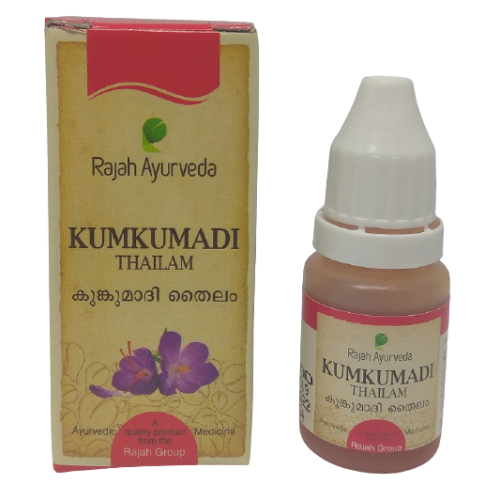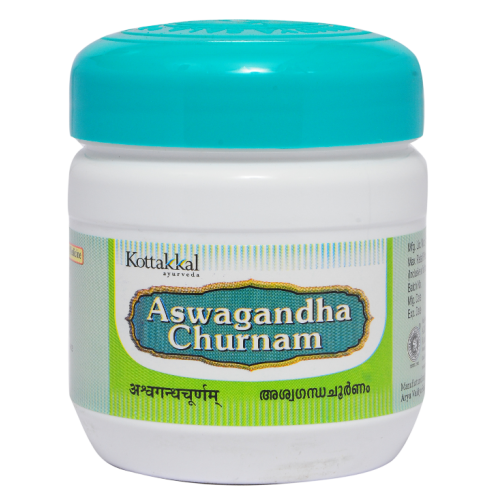Ayurveda, an ancient holistic system of medicine originating in India, is not just about treating ailments; it’s a way of life that promotes overall well-being through balanced living, mindfulness, and most notably, diet. In this blog, we will delve into the basics of Ayurvedic diet, exploring what Ayurveda is and how it profoundly influences our dietary choices.
Understanding Ayurveda
Ayurveda, often referred to as the “Science of Life,” is a 5,000-year-old system that encompasses the mind, body, and spirit. At its core, Ayurveda believes that the key to health and vitality lies in achieving harmony and balance within oneself. This balance is achieved by understanding and aligning with one’s unique constitution and the surrounding environment.
The Three Doshas
Ayurveda categorizes individuals into three primary constitutional types, or doshas: Vata, Pitta, and Kapha. Each dosha represents a combination of the five elements—earth, water, fire, air, and ether—and possesses distinct qualities:
- Vata: Comprising air and ether elements, Vata is characterized by qualities such as dryness, coldness, and lightness. Vata individuals are often creative, enthusiastic, but may experience imbalances like anxiety or digestive issues.
- Pitta: Combining fire and water elements, Pitta exhibits qualities of heat, sharpness, and intensity. Pitta individuals are typically intelligent, ambitious, but may struggle with issues like acidity or skin problems.
- Kapha: With earth and water elements, Kapha embodies qualities like heaviness, stability, and calmness. Kapha individuals tend to be loving, patient, but may confront issues such as weight gain or congestion.
The Influence on Diet

Now, let’s connect the dots between Ayurveda and diet. According to Ayurveda, each dosha has specific dietary needs to maintain equilibrium. Here’s a simplified overview:
- Vata: Vata types benefit from warm, grounding foods like cooked grains, root vegetables, and soothing herbal teas. They should avoid excessive cold or raw foods.
- Pitta: Pitta individuals should opt for cooling, hydrating foods like cucumbers, leafy greens, and coconut. They should limit spicy, fried, or acidic foods.
- Kapha: Kapha individuals thrive on light, warming foods like spicy curries, legumes, and bitter greens. They should steer clear of heavy, oily foods.
Incorporating Ayurvedic principles into your diet can have a profound impact on your health and well-being. By recognizing your dosha and aligning your diet accordingly, you can promote balance, boost energy, and prevent illness.
For those interested in exploring Ayurvedic remedies and products, Ayurvedic Mall is a valuable resource. They offer a wide range of Ayurvedic medicines and products to support your journey to wellness.
However, it’s important to note that Ayurveda is a complementary system of medicine. While Ayurvedic remedies can be highly beneficial, they should never replace professional medical advice or treatment. Before using any Ayurvedic medicines or making significant dietary changes, consult with a qualified physician or Ayurvedic practitioner to ensure they are appropriate for your individual needs.
Incorporating Ayurveda into your life can be a transformative journey toward optimal health and balance. By understanding the basics of Ayurvedic diet and seeking guidance when needed, you can embark on a path to a healthier and more harmonious existence.



